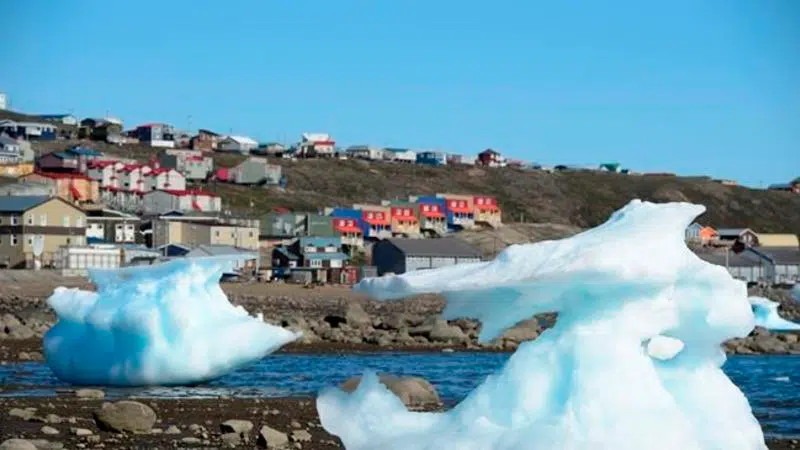
Justin Trudeau seeks to highlight climate policy in visit to Canada’s Far North
IQALUIT, Nunavut — Prime Minister Justin Trudeau is in Canada’s Far North to witness some of the more dramatic effects of climate change, part of an effort highlight his Liberal government’s record on climate action ahead of the federal election.
Trudeau plans to announce the creation of a new marine protected area near Arctic Bay — an Inuit hamlet on the northwest corner of Baffin Island.
Melting sea ice and increased shipping traffic have posed increased threats to many important local species, including sea birds, narwhals and bowhead whales.
Trudeau will use the backdrop of shifting Arctic terrain and endangered sea life to cast himself and his Liberal party as best-placed to serve as stewards of the environment.


